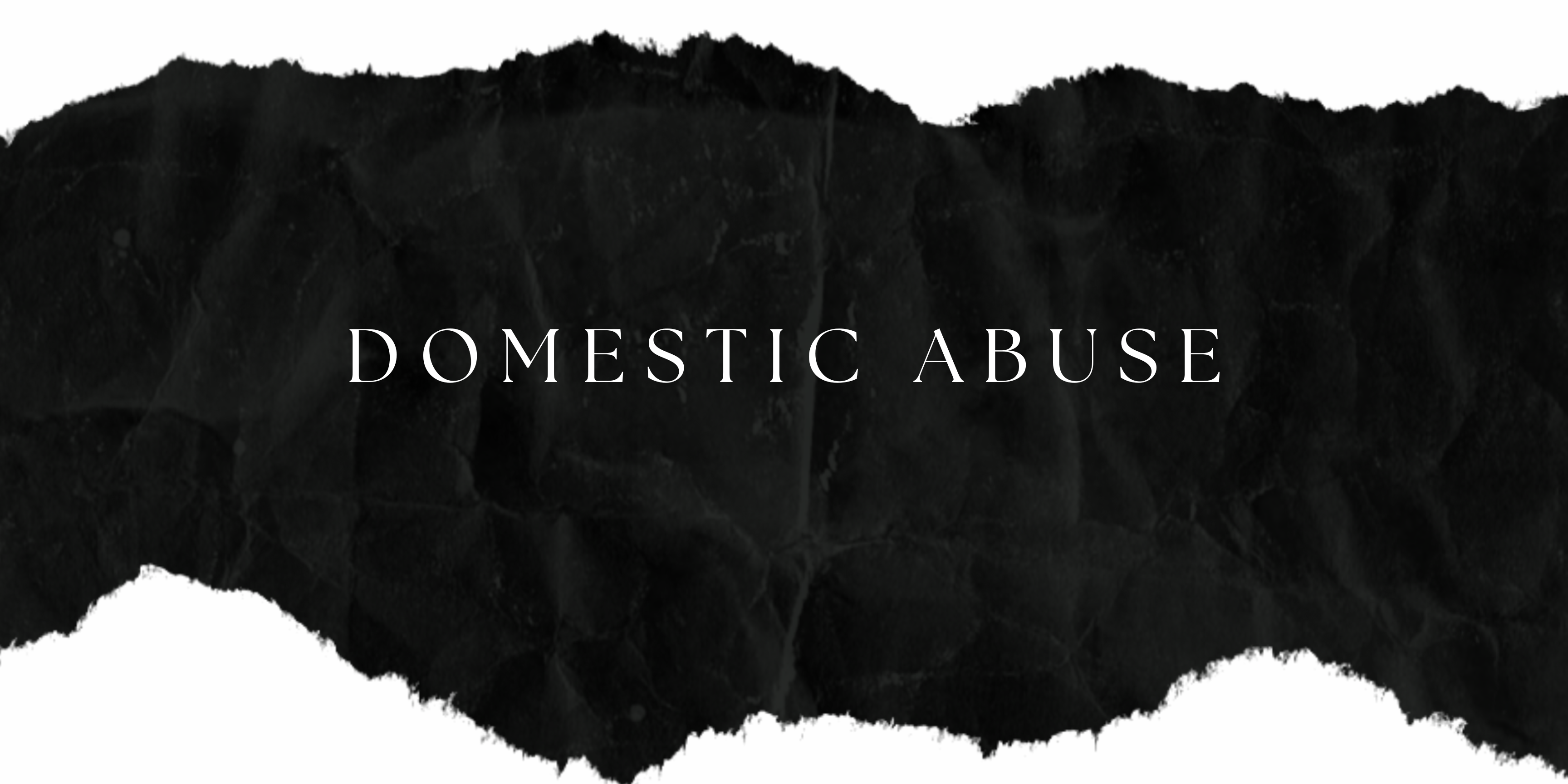Domestic abuse is a blight on our society. It’s a devastating problem that tears through communities across the UK, leaving a trail of shattered lives. We’re not just talking about statistics here. We’re talking about real people. These are your neighbours, your colleagues, maybe even your friends or family. Or YOU. Suffering in silence. It’s time we all woke up to this reality. We must all learn about domestic abuse.
Whose Problem Is It?
Domestic abuse isn’t just “someone else’s problem.” It involves an insidious pattern of control, coercion, threats, and violence. Most often, it’s a partner or ex-partner who inflicts this pain, but family members or carers can also be perpetrators. Imagine: the place that should be your safe haven, your home, transformed into a prison of fear.
We all bear a responsibility. We need to understand this crime if we’re ever going to stop it.
Think about these figures and let them sink in:
- The Office for National Statistics revealed that an estimated 2.1 million adults aged 16 and over experienced domestic abuse in the year ending March 2023. That’s not just a number; that’s millions of individual lives damaged.
- In that same period, the police in England and Wales recorded a staggering 889,918 domestic abuse-related offences. And this dreadful figure has been steadily rising over recent years. It is a trule horrifying trend.
- Domestic abuse makes up a significant and worrying percentage of all crimes reported to the Police.
These aren’t just cold statistics; they represent a widespread crisis. They scream out for action. We need to get informed, we need to support those affected, and we need to act. Domestic abuse isn’t confined to certain neighbourhoods or social groups. It’s happening everywhere.
Learning about the warning signs, the deep-rooted impact, and the support that’s out there – this is how we can make a difference. It is not enough to stand idly by. This is how we can help break the cycle of violence and build communities where everyone feels safe. We have to challenge the attitudes that enable abuse. We have to support survivors. We have to get educated. It’s up to all of us.
Here are some forms domestic abuse can take:
Physical abuse

This encompasses any form of physical violence, such as hitting, slapping, pushing, kicking, biting, burning, strangling, or using any object to inflict harm.
Emotional abuse:

This is a pattern of behaviour that aims to undermine someone’s self-worth and independence. It can include insults, humiliation, intimidation, threats, isolating someone from their support network, and controlling their choices, like what they wear or who they see.
Sexual abuse:

This involves forcing someone to engage in any sexual activity against their will. It can include rape, sexual assault, making someone watch pornography, or participate in sexual acts they find degrading.
Coercive control:

This is a pattern of behaviour that uses insidious tactics like threats, humiliation, intimidation, and isolation to harm, punish, or frighten someone. This often creates an atmosphere of fear and dependence.
Financial abuse:

This is control where the abuser restricts the victim’s access to money, prevents them from working, or runs up debts in their name, leaving them financially dependent.
Online abuse:

The internet has revolutionised our lives, connecting us in ways never before imagined. Yet, this interconnected world also harbours a dark side: online abuse. This pervasive issue affects millions globally, regardless of age, gender, or background.
Domestic abuse has a devastating impact on victims, leaving deep physical and emotional scars. It can lead to anxiety, depression, post-traumatic stress disorder (PTSD), and even suicide. It’s also important to remember that children who witness domestic abuse are at an increased risk of experiencing emotional and behavioural problems.
If you are experiencing domestic abuse, remember you are not alone. There are many organisations ready to help, such as:
- The National Domestic Abuse Helpline: They offer confidential support, advice and information to those experiencing abuse.
- Women’s Aid: This leading national charity provides support and information to women and children experiencing domestic abuse. https://www.womensaid.org.uk/
- Refuge: This charity runs a national network of specialist services, including refuges, to support those escaping domestic abuse. https://www.nationaldahelpline.org.uk/
In an emergency, always call the police on 999.
Taking steps to protect yourself is crucial. This might involve:
- Confiding in someone you trust: Talking about your experience can be the first step towards getting help.
- Keeping a record of the abuse: This can be helpful for legal proceedings or when seeking support from organisations.
- Creating a safety plan: This plan outlines steps you can take to increase your safety and prepare for leaving an abusive situation. I have prepared one for you to download, just under this list.
- Leaving the relationship: If it’s safe to do so, leaving the abusive relationship is essential for your well-being.
Domestic abuse is a crime. Don’t suffer in silence. – reach out for help.


